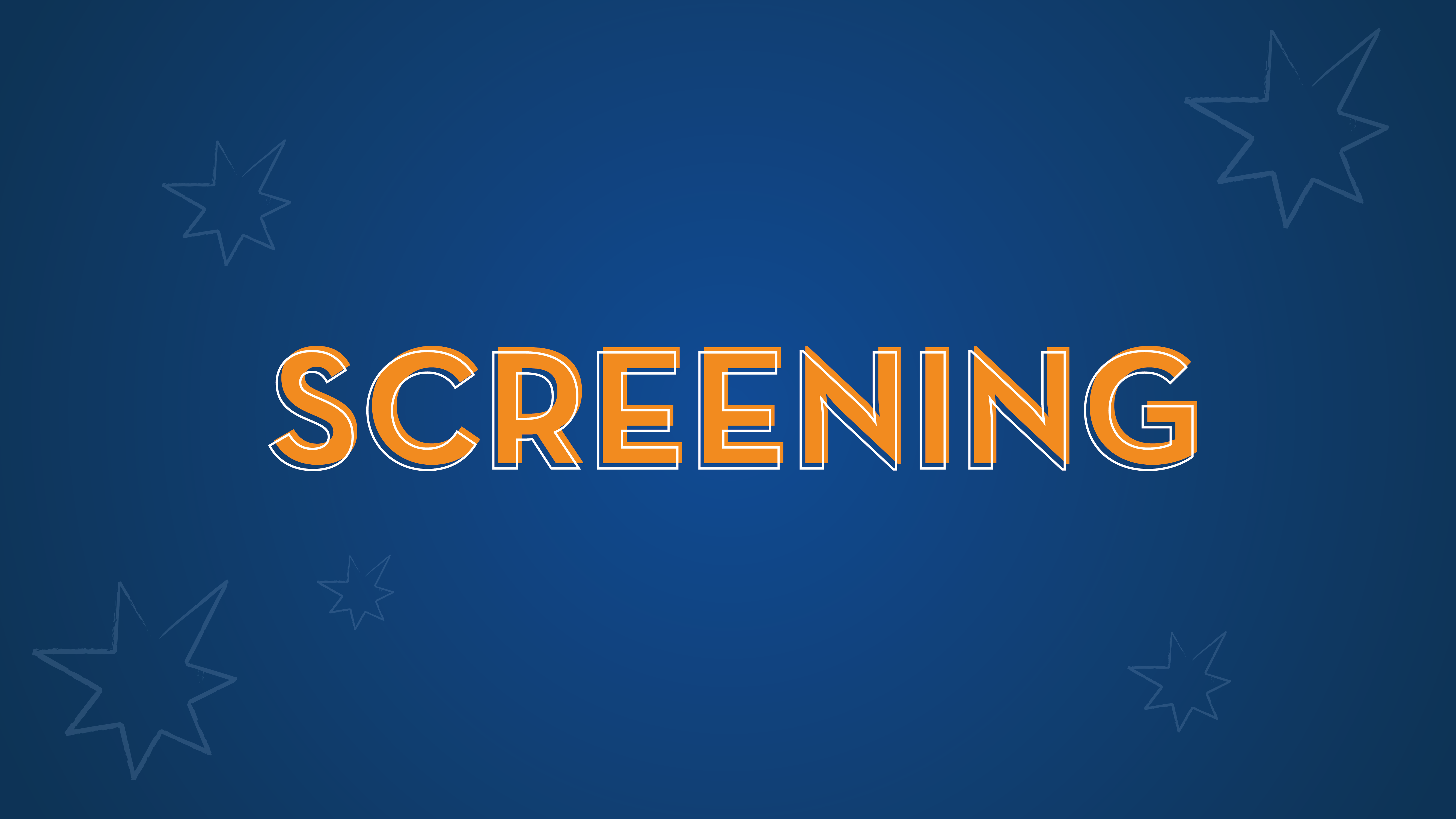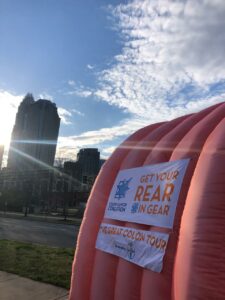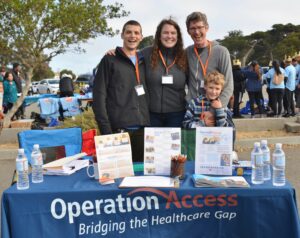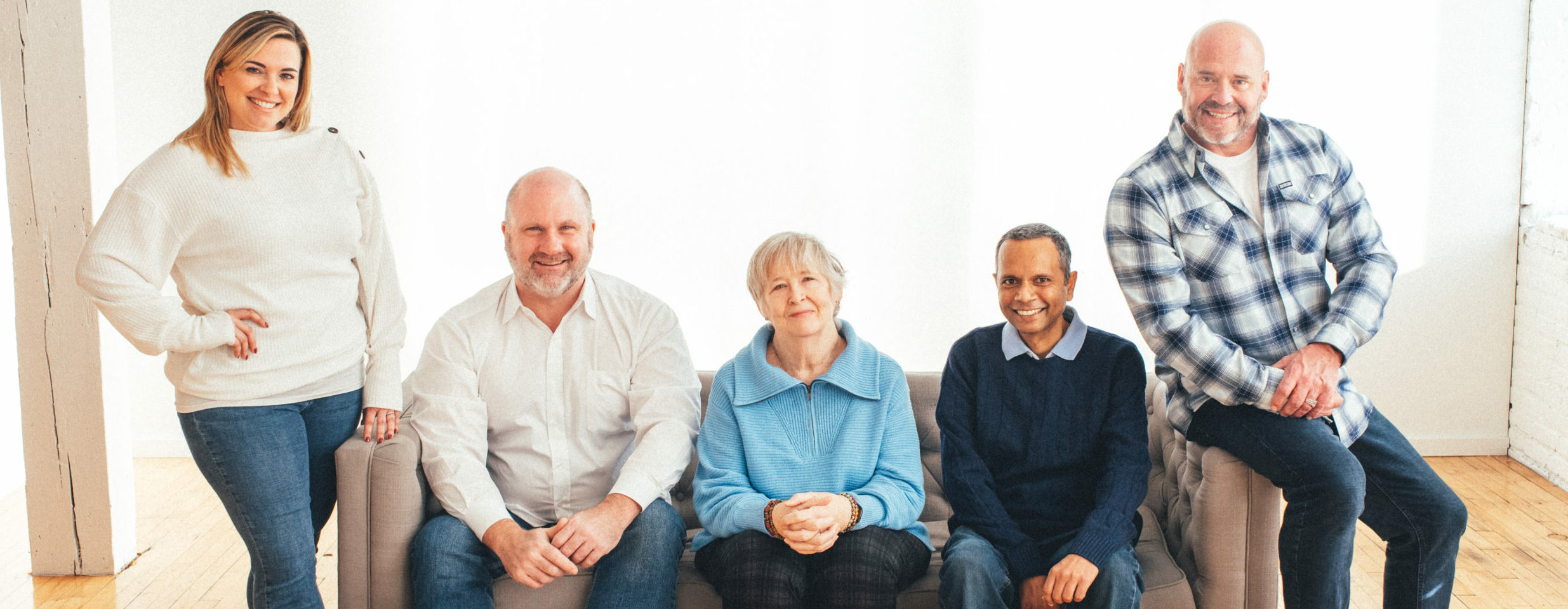
Colorectal cancer incidence rates are increasing. 1 in 24 Americans will be diagnosed with colorectal cancer in their lifetime. In order to effectively protect our communities we must work to make screening accessible to all.
Using funds raised through the Get Your Rear in Gear event series, we connect communities with resources that remove barriers to screening, including access to noninvasive screening, the cost of colonoscopies, transit to the procedure, and more, all while ensuring vulnerable communities are receiving timely and complete screening procedures. Through our efforts, we’re  building a coalition of providers and programs united in screening for colorectal cancer, and supporting their communities.
building a coalition of providers and programs united in screening for colorectal cancer, and supporting their communities.
This approach allows us to find ways that will help reduce barriers in each community and get the most people screened on time for colorectal cancer, finding it early and catching it when it is most treatable.
Our first action step in the screening continuum is education. We know that an important step in helping communities access colon cancer screening is empowering patients and demystifying the screening process, so we provide free educational materials to help communities access information about signs and symptoms and screening options available to them in nearly a dozen languages.
On top of language and education barriers, we also know colonoscopies are time consuming and expensive. This is why part of our work is to get community members in need screened with quality take-home stool tests that require less time and are less invasive. When a positive stool-based test is received, we work with community health centers to get the patient a colonoscopy.
Stool-based tests are the easiest choice for patients that need to be screened but are unable to take time off work, find childcare, complete prep safely and effectively, or don’t have reliable shelter or transit to a colonoscopy. Stool-based tests are non-invasive, and do not require the intensive prep that colonoscopies do. If a stool-based test comes back positive, however, patients do require a follow-up colonoscopy. That’s why in some communities we will fund the follow-up colonoscopies required after a positive stool-based test, to ensure that community members aren’t left alone with a positive result.
Patients at Family Health Partnership Clinic in Crystal Lake, IL, are primarily uninsured community members. “All patients at the clinic are uninsured, and many delay medical care because of a lack of insurance,” Suzanne Hoban, executive director of the clinic stated. “It is challenging to recommend screening to uninsured patients without a clear path of what to do should the test come back positive.” “Since the program began, we have completed 187 FIT tests, 9 of which were positive. Two patients have completed their colonoscopies. Without funding from the Colon Cancer Coalition, none of these screenings would have been conducted.” By providing grant money to these clinics that work directly with those in need, we remove barriers to lifesaving healthcare.
Across the country is another program, providing similar services. El Rio Health in Tucson, AZ. El Rio has been a constant partner since 2017 in getting vulnerable community members in Pima County screened. In 2022 alone, 109 patients received support for consultations, colonoscopies, and diagnostic efforts through El Rio as a part of our work with them.
“The donations we receive from [the] Colon Cancer Coalition to cover the reduced cost of colonoscopy for our uninsured patients do more than offer the gift of improved health to these patients, who often have to choose between the cost of daily living and healthcare,” Dr. Lisa Soltani, Medical Director of Internal Medicine at El Rio Health told us in a prior interview.
“In fact, they make it more likely that ALL of our patients receive screening since providers no longer have to stop to consider insurance status when they are ordering potentially life-saving screening tests. These funds are essential for our uninsured patients, especially those fighting battles on many fronts. In primary health care, removing any barrier to standard of care means better care for all,” Dr. Soltani concluded.
For the last seven years, we’ve supported the work at Operation Access, an out-patient surgical and specialty care facility for community members in San Francisco. “Operation Access’ patients face staggering structural inequality because of their limited income, immigration status, race, language, and ethnicity. They grapple with discrimination in health care, jobs, education, and housing,” said Operation Access’ Program Director, Ali Balick. “They often cannot afford private health insurance coverage, and, because of their immigration status, some patients traditionally have not been eligible to enroll in Medicare, Medicaid, or to purchase coverage through the ACA marketplace. Operation Access also serves low-income citizens whose earnings make them ineligible for Medi-Cal, but unable to afford insurance.”
Through Operation Access, we help connect at-risk patients in Northern California with free colonoscopies and FIT tests, ensuring that every community member, regardless of race, immigration status, income, language, or ethnicity get screened.
By providing funding to assist with medical care and screening costs, we enable families typically unable to afford screening to pay rent, bills, provide food for their loved ones, and still receive timely medical care.
 “Funding from the Colon Cancer Coalition over the past seven years has helped us tremendously to grow our program to provide these lifesaving CRC screenings to more individuals at above average risk. In 2016, the first year we partnered with CCC, we coordinated 180 colonoscopies. In 2022, we provided 410 colonoscopies” Balick continued.
“Funding from the Colon Cancer Coalition over the past seven years has helped us tremendously to grow our program to provide these lifesaving CRC screenings to more individuals at above average risk. In 2016, the first year we partnered with CCC, we coordinated 180 colonoscopies. In 2022, we provided 410 colonoscopies” Balick continued.
“Our biggest challenge is conducting outreach to community health centers across Northern California to make them aware of the resources our program can offer to their patients, and to train them on how to send referrals to our program. We have used this funding to connect with clinics across many counties in the state. In order to provide the colonoscopies, our program must devote time and resources to recruiting new facilities, medical groups, and gastroenterologists who are willing to volunteer and donate care to our patients. With funding from the Colon Cancer Coalition, we have been able to build new partnerships, and grow our network of participating doctors.”
Our work at the Colon Cancer Coalition focuses on grassroots, community-based solutions to colorectal cancer in our communities. 1 in 24 people will be diagnosed in their lifetime. By providing community clinics with the ability to meet the needs of their most vulnerable community members, we ensure that when a community member has concerns about colorectal cancer, their needs are met regardless of race, ethnicity, insurance status, or immigration status.
PATIENT SUPPORT ABOUT US EDUCATION AND AWARENESS
